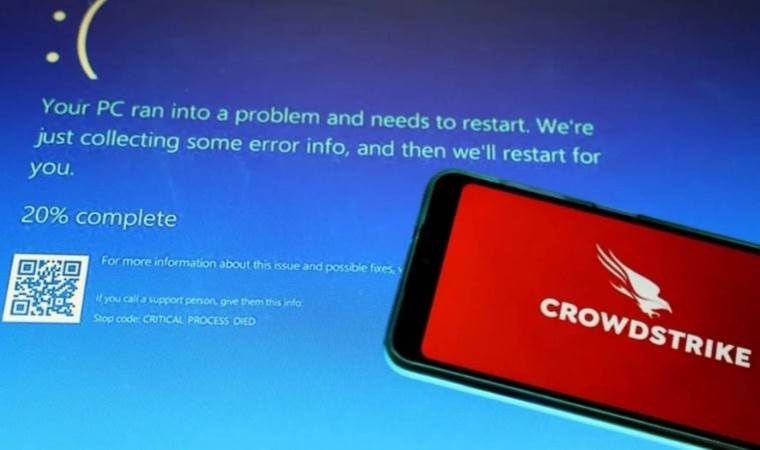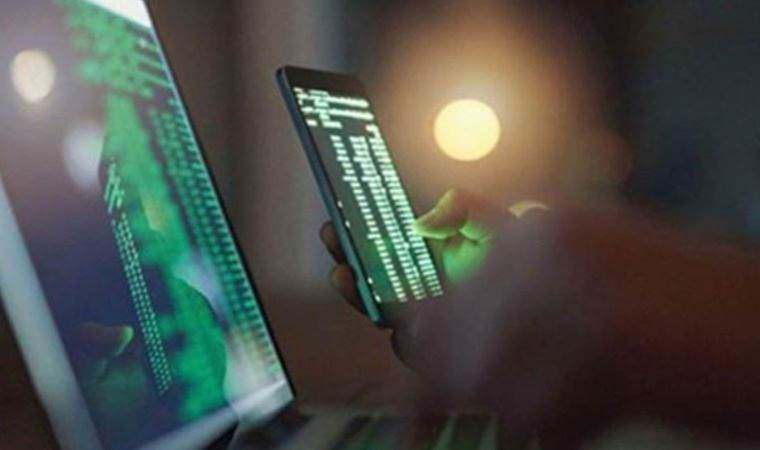CrowdStrike crisis expected to cost billions globally
The software crisis has had its most significant impact on airlines, with numerous flights canceled.

Due to issues with the CrowdStrike antivirus software, Windows-based computers around the world nearly ground to a halt. The information technology crisis severely affected airlines, banking applications, stock exchanges, e-commerce sites, media outlets, websites, and IT companies. Flights were canceled.
Transportation, banking, payment devices, airport check-in systems, supermarket cash registers, gas station pumps, and many other systems experienced error messages, with computer screens turning blue. The technical issue with CrowdStrike, which provides cybersecurity software to Microsoft, persisted until last evening. Initial disruptions began late Thursday in the U.S., with outages in Microsoft services, including Azure and 365, being cited as the cause. Microsoft announced that the root problem causing the technical disruption was resolved by yesterday afternoon. CrowdStrike CEO George Kurtz asserted that the global communication disruption was neither a security incident nor a cyberattack, stating, "The issue has been identified, isolated, and a fix has been defined."
Increased Selling Pressure
Analysts noted that selling pressure in global markets increased following the global communication disruption caused by CrowdStrike. They emphasized the difficulty in calculating the crisis's cost to the world economy but estimated the bill would run into billions of dollars. Turkish Airlines faced issues with ticketing, check-in, and reservation systems due to the global technical disruptions, canceling 84 flights.
Investigation Underway
The Information Technologies and Communication Authority announced an investigation into the global disruption affecting Windows-using devices, stating, "We continue to work 24/7 with our local and national products to protect our country's cyber borders."
Minister of Transport and Infrastructure Abdulkadir Uraloğlu said that some institutions in Turkey were also affected by the global issue, adding, "We immediately contacted the relevant institutions. I can say that we have overcome a significant part of the disruption in some of our institutions."
Possibility of Cyberattack
Institutions need to test updates more rigorously to prevent such major digital disruptions. Additionally, it's essential to avoid monopolies in digital server and data security. Rahmi Aktepe, President of the Turkish Informatics Association, stated, "The first measure to be taken is product diversification. We need to increase the use of local products. Institutions should be prepared for crisis scenarios."
Technology expert Füsun Sarp Nebil commented, "Monopoly is bad. It was a dark day for the world's IT professionals. The cost of this incident is incalculably high. Software vendors do not take responsibility for the licenses they sell. The cost will fall on users. While explanations suggest it wasn't a cyberattack, last week, a U.S. hacker group stated they were waiting for the right moment to deal a 'devastating blow' to the U.S.'s critical infrastructure."
IT expert Gökhan Say added, "Normally, when such software updates are made, they are carried out with great care. Days of testing are done, and the update is tested multiple times. A hacker attack could have been carried out."



